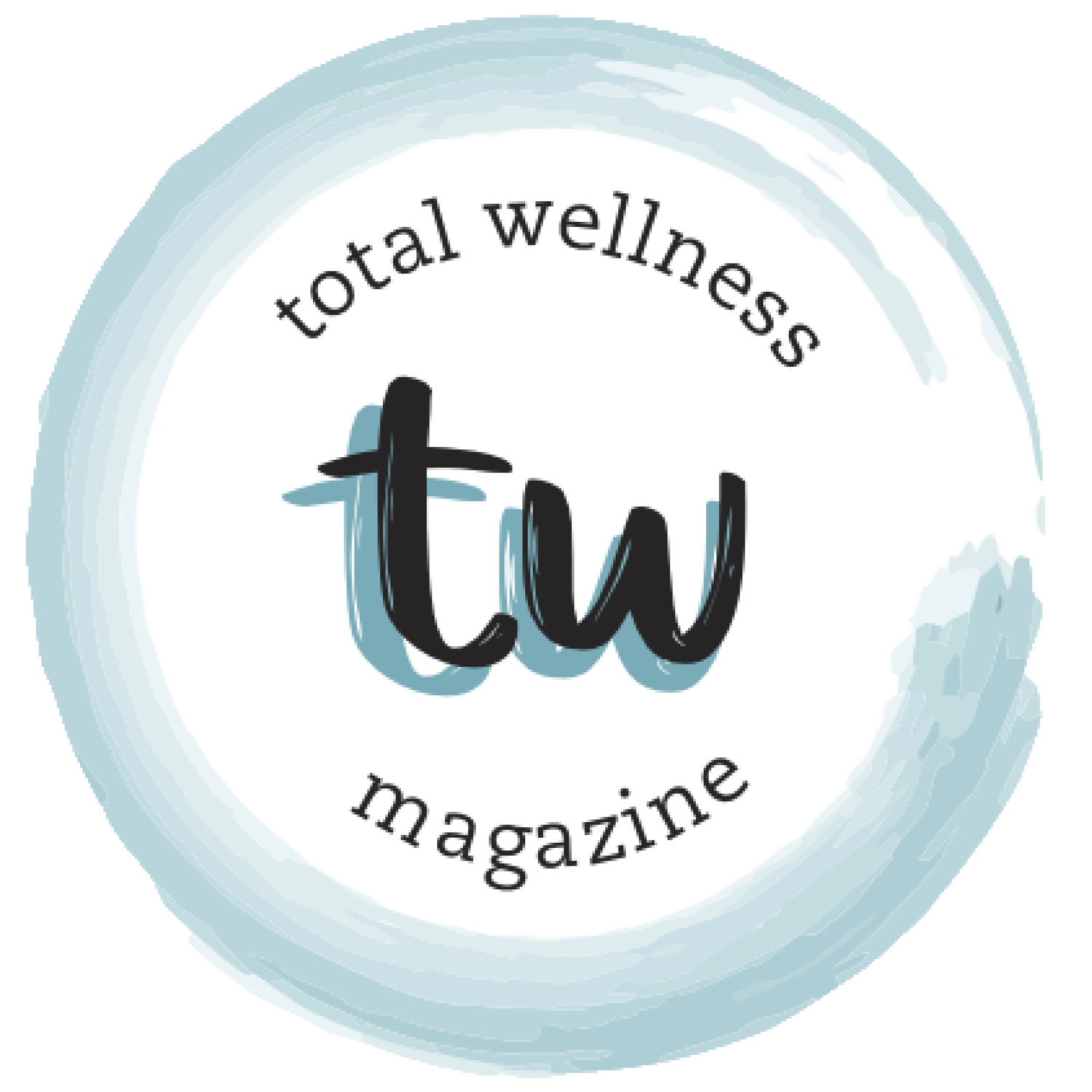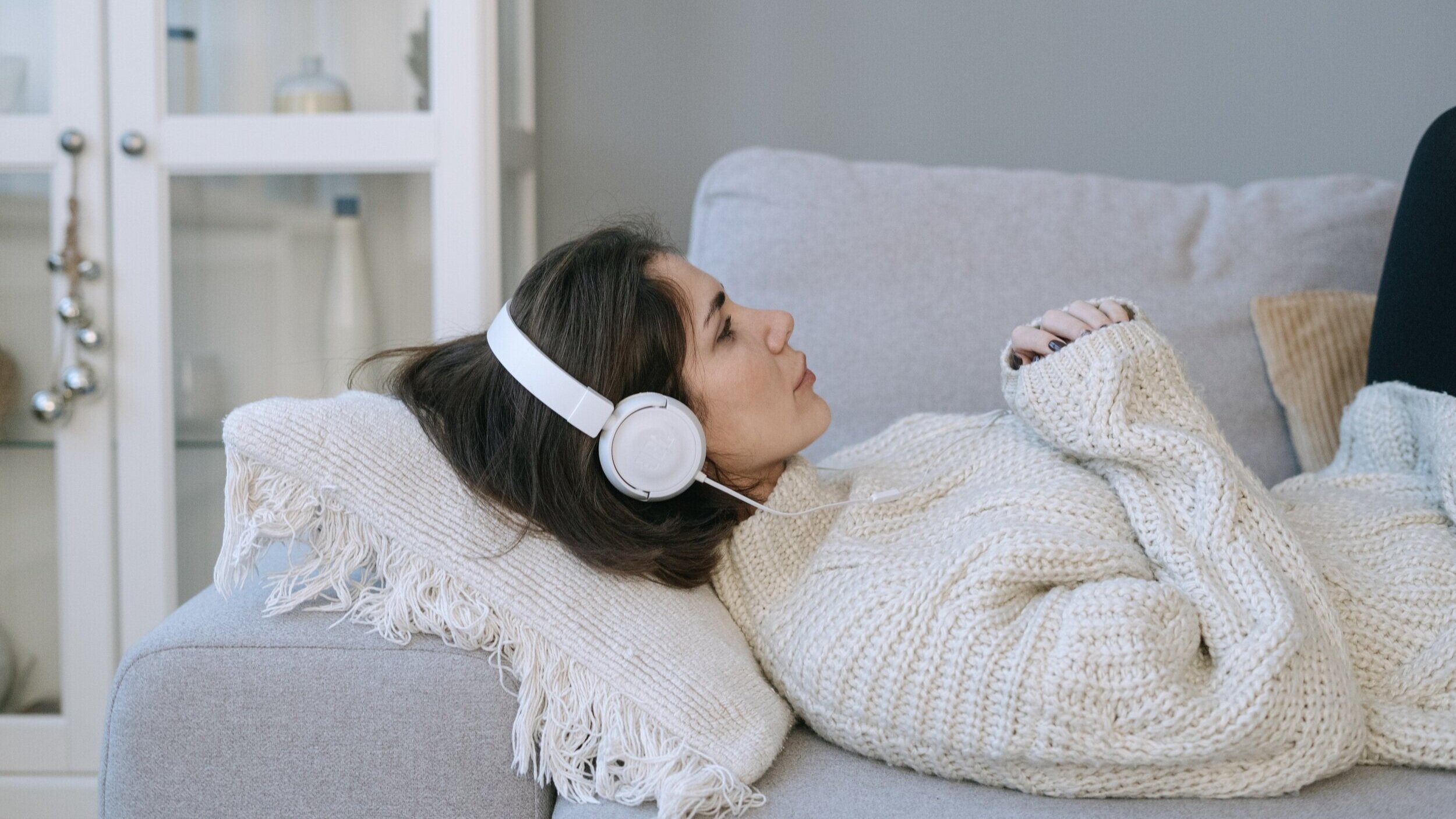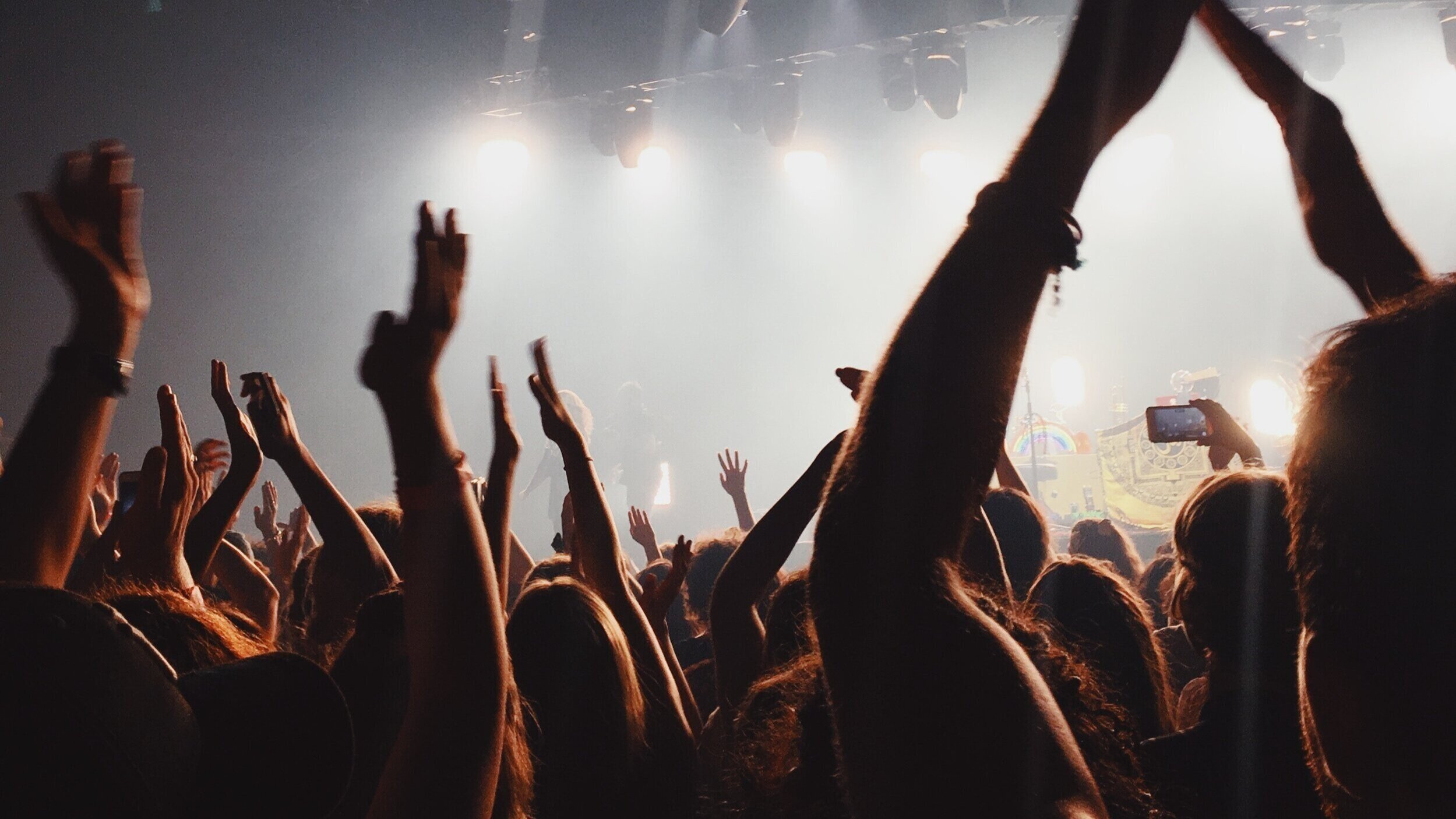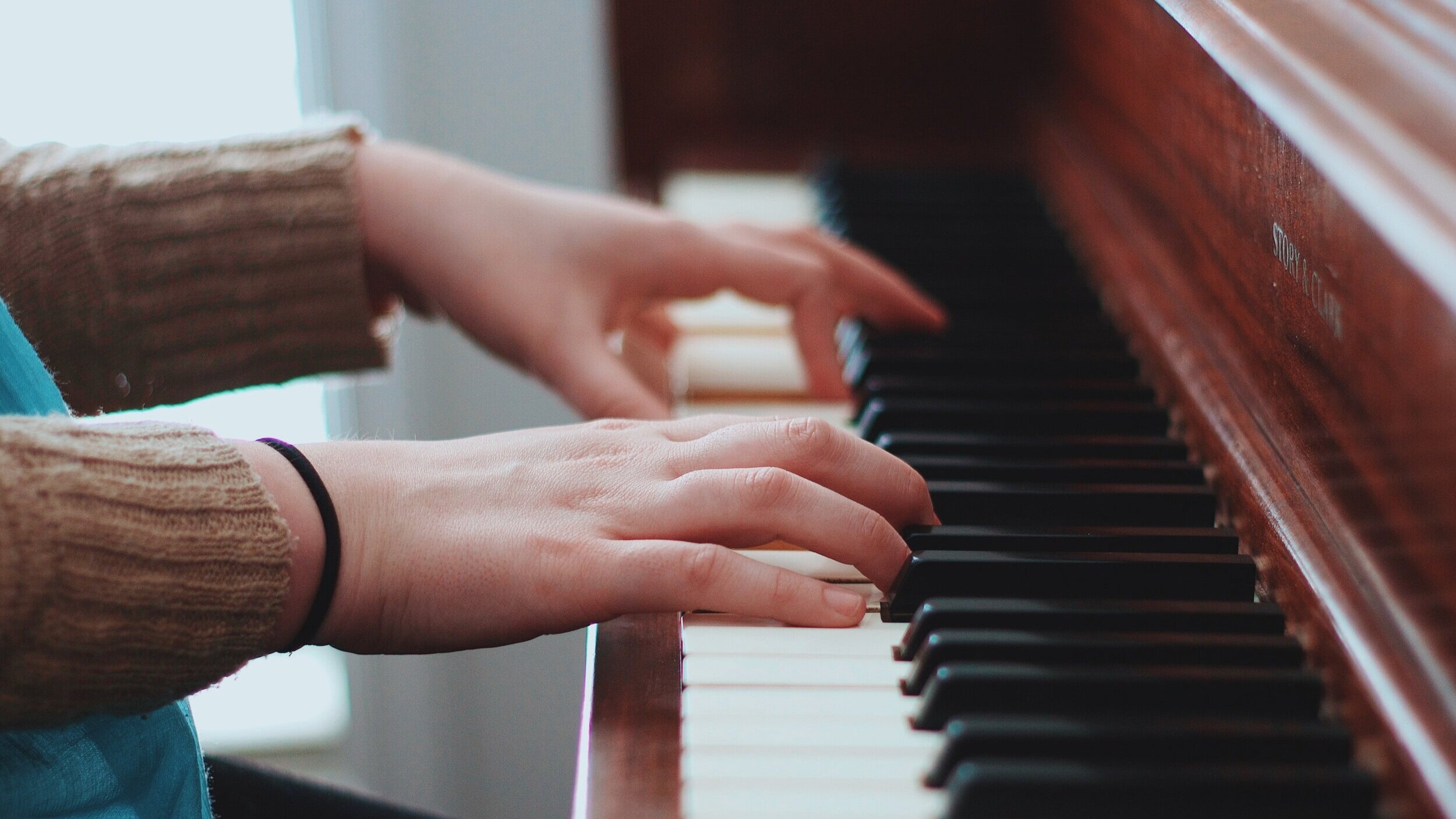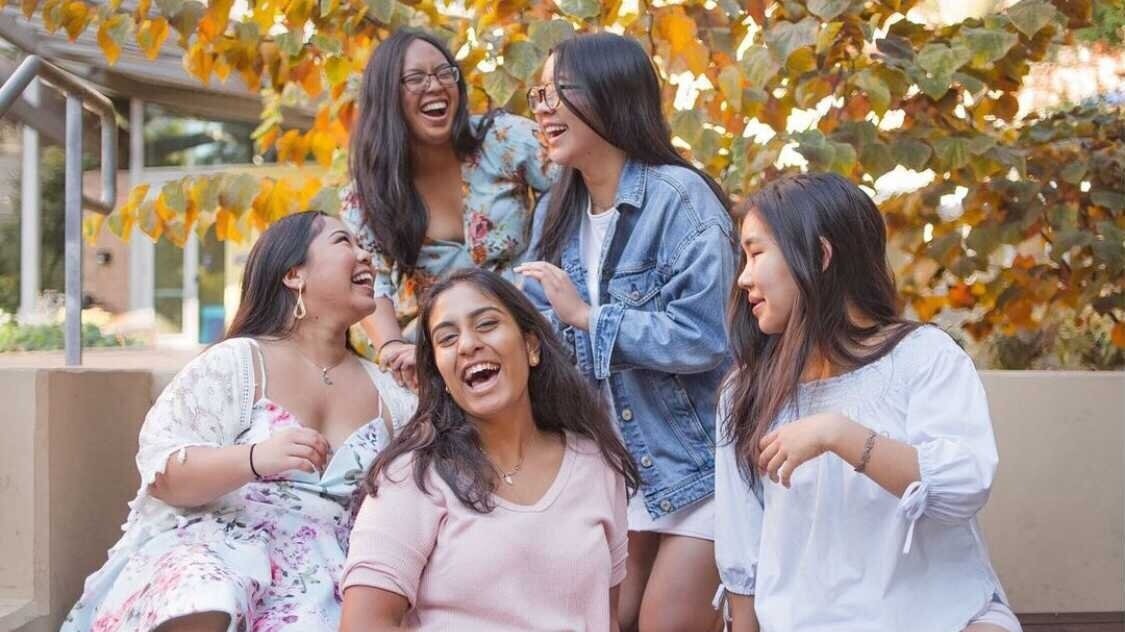How Music Keeps Us Connected to Ourselves and to Each Other
by Jenny Long
When you’re first getting to know someone, one question you might ask is, “what kind of music do you like?” Music is a common point of interest for many and song recommendations are a great way of sharing something personal with another person. Going out to concerts and music festivals used to be events we looked forward to, but the recent adaptation of online concerts and live streams have reassured us that the music and the connections don’t have to stop. From sharing playlists or even playing background sounds during a Zoom study session, music has a powerful ability to bring people together even during the toughest of times.
That Song’s My Jam: Music and Self-Expression
Most of us resonate with the music we listen to because it not only boosts our mood and entertains us, but it is also evocative and reflects emotions we might be feeling. [1] When you’re cooking or baking, you might have wanted to play some calming music, but when you’re with your friends, maybe you’ve wanted to listen to something more lively. Music holds great emotional significance to us and is often regarded as something personal. [1]
If you’ve ever felt that you knew someone better after figuring out their music tastes, you’re not the only one! It's common to infer about someone’s personality based on what music they listen to. We may even consider music to be an extension or a reflection of ourselves because it is something that we consume and invest our time into. [1, 2] The feelings and ideas captured in different songs may resonate so deeply within us that we think of them as an expression of who we are. [2] This idea may be why we seem to be friends with people who share our music tastes! [3]
Studies have shown people’s personality traits overlap with specific characteristics we typically attribute to music. [2] When we listen to a song or a genre of music, we categorize it based off of its rhythms and perceived energy and mood it facilitates. [2] For instance, pop music is usually associated with being positive and upbeat, while rock or heavy metal might be thought of as wild and rebellious. Correspondingly, surveys have shown that people who listen to energetic music have been scientifically linked to having extraverted and agreeable personality traits. [2]
Vibing Out: Music and Mental Health
Maybe you’ve had a rough day and wanted to take some time to unwind. After you’ve put on your favorite playlist or something that matches your mood, how do you feel? Hopefully you feel a bit better! In terms of helping us through our days, music has great mood boosting effects and can even be used to regulate our emotions. [4] Regardless of whether you’re feeling down or amazing, listening to a song can bring you some comfort. This phenomenon occurs because some of the actions we engage in while listening to music are associated with mood regulation [4] When we are listening to music, we are in touch with our emotions and gain energy from having our emotions expressed. [4] These actions are similar in function to strategies like reappraisal where we can shift our thoughts into being more beneficial for us. [4] For instance, listening to a song that matches your current mood might help you release those emotions, letting you experience your feelings and eventually helping let go of them. [4]
As known in music therapy, this technique is part of the iso-principle, which indicates that we can slowly shift our feelings into something more desirable by first listening to songs that match our current mood. [5] After we have validated our emotions, we can then shift our music to match a mood that we want to experience. [5] Imagine that you are stressed out about an upcoming exam. You decide to make a playlist that starts with a high tempo song that reflects your current feelings of tension and nervousness. When you’re done listening, you’ve acknowledged those feelings of worry and are able to move past them. Near the end of your playlist, you start listening to music that calms you down or brings you a sense of security. Now, maybe you’re feeling a little more at ease and determined about tackling that exam, and your mindset has shifted into something that can benefit you.
What if you’re having a bad day or are stuck in a slump? Listening to some music might help you enjoy doing activities a little more. Many students enjoy studying with music to keep engaged or to make the time spent studying more enjoyable overall. This habit might be due to the fact that listening to music is a pleasurable and active process (even though it may feel subconscious) that forces us to tune into sounds in our immediate surroundings. [6] The idea of doing something fun naturally guides us into exploring other activities like studying or drawing.
Let’s Listen Together: Music and Community
The act of listening or creating music does not have to be an individual affair; in fact, most people prefer connecting with others through music by sharing their tastes with others, for example. If you’ve ever been part of a choir or band, you’ve already been part of a community. Whether you’ve gone to a concert with people, went out for a night of karaoke, or even used your playlist as background music at hangouts—that’s all a part of building community. People have used music for decades to create connections and inspire change in communities. [7]
Community music has been used in teaching, engagement, and empowerment by welcoming people of diverse backgrounds with open arms. [7] The feeling of togetherness when we listen or make music together is something that creates meaningful bonds and connections. [8] When someone invites you to listen to something with them or shares a song with you, the sense of openness and welcome is almost always there. These opportunities provide a chance to socialize and have been implicated in various benefits for emotional health and cognition. [8]
From orchestra to acapella groups, there are plenty of opportunities for people to listen and make music together within the broader UCLA community. For instance, the Game Music Ensemble brings together student musicians who have a love for soundtracks from video games like Kingdom Hearts and Legend of Zelda. Orchestra and choir members even get to have full performances twice a year. In regards to music accessibility, SLAM at UCLA is a student-led organization that aims to expand a community of musicians by providing cost-free music education to underserved middle and high school students. In order to connect with each other, college students are also offered the opportunity to perform together in bands. Even if you dabble in producing songs of your own, the UCLA Learning Centers on The Hill provide access to a music room where you can make beats and even record your own music in a booth!
Amy Choi on Awechords
There are countless ways to get involved in music and to learn more about these experiences, I spoke to Amy Choi, a former member of campus acapella group Awechords, about her thoughts on music and how it’s helped her build community.
What has your experience been like in your acapella group?
I had a great experience—it was something that I didn’t plan on doing at first. In high school, people stick with a certain identity. For me, it was playing the flute. But in college, I decided to pursue acapella because I was interested in it and had an opportunity to do it. I auditioned for a bunch of groups, made it into Awechords, and I have no regrets at all.
What do you like about your group and do you think it’s helped you build a community?
I was able to open out of my shell because I met so many enthusiastic people. As a STEM major, I was always surrounded by similar people so it was nice to see a wider variety of students. They weren’t shy at all and would share things about themselves even if I didn’t ask.
They’ve helped me build a community for sure. I was able to expand my friend group and open up as a person. It was a welcoming environment with a wild group of people—very different individuals and I wouldn’t know what to expect from them. We would have practices late at night and walk back home together, maybe eat some late night food.
Are there any events that you’ve performed at? How do you think your performances have helped build community?
We performed at Vietnamese Culture Night or VCN. It was a major event and our performances were a part of a skit as a message to the Vietnamese community. We hope that our performances helped deliver a part of that message. We also did smaller gigs like at the UCLA Asian Pacific American Gala, the Farmer’s market, and at an acapella competition similar to those in Pitch Perfect. We also did elderly home visits and all of these events brought people together.
Has creating and sharing your music helped you or others in any way?
I was able to develop multiple skills. Practicing music helped me to be honest with myself and pinpoint what I was doing wrong in the process. I developed good habits and work ethic, especially because of practices. I played the flute competitively, but I didn’t really build confidence because I was pretty self-critical. By branching into acapella, it really boosted my confidence because I was able to do something that I didn’t think I could. I’d say doing music really forces you out of your comfort zone.
Why do you think music is so important to people?
At first, I didn’t think music was important. I played the flute but I didn’t actively listen to music outside of that. To be honest, Spotify hooked me with the discounted price for students. I think of music kind of like a gateway drug—the more you listen to it, the more it hooks you in. It really helps to listen to music when you’re feeling down just to feel your emotions. When I was in a funk during the pandemic, I’d just turn on music in the morning and dance to start the day right.
Do you think music has any impacts on mental health and well-being?
Yes, definitely. I know music therapy is a thing because someone in my group wanted to pursue that as a career. Listening to music really helps you change your mood. If you’re feeling down, you can play some sad or exciting music. Both listening to and making music is therapeutic, especially when we empathize with it. It brings a sense of catharsis.
The Bottom Line
Almost everyone listens to music in their everyday lives, whether it is to pass the time while studying or to boost one’s mood. Many of us also have friends or want to be friends with people who enjoy the same type of music. As a representation of who we are, music helps us express our emotions and can readily serve as a point of discussion or socialization. By sharing the things that we like and hold personal to ourselves, like our music tastes, we can extend a hand to others who want to build community.
References
"The consumption of music as self-representation in social interaction." Australasian Marketing Journal (AMJ). (2009).
"The do re mi's of everyday life: the structure and personality correlates of music preferences." Journal of personality and social psychology. (2003).
“What's Up With That: Why Do All My Friends Like the Same Music?” wired.com. (2014).
"Music in mood regulation: Initial scale development." Musicae Scientiae. (2008).
“Let’s Talk About Iso-Principle: The Introduction.” musictherapytime.com. (2015).
"Music therapy for depression: it seems to work, but how?." The British Journal of Psychiatry. (2011).
"Acts of hospitality: The community in community music." Music education research. (2007).
"Perceived benefits of active engagement with making music in community settings." International Journal of Community Music. (2012).
